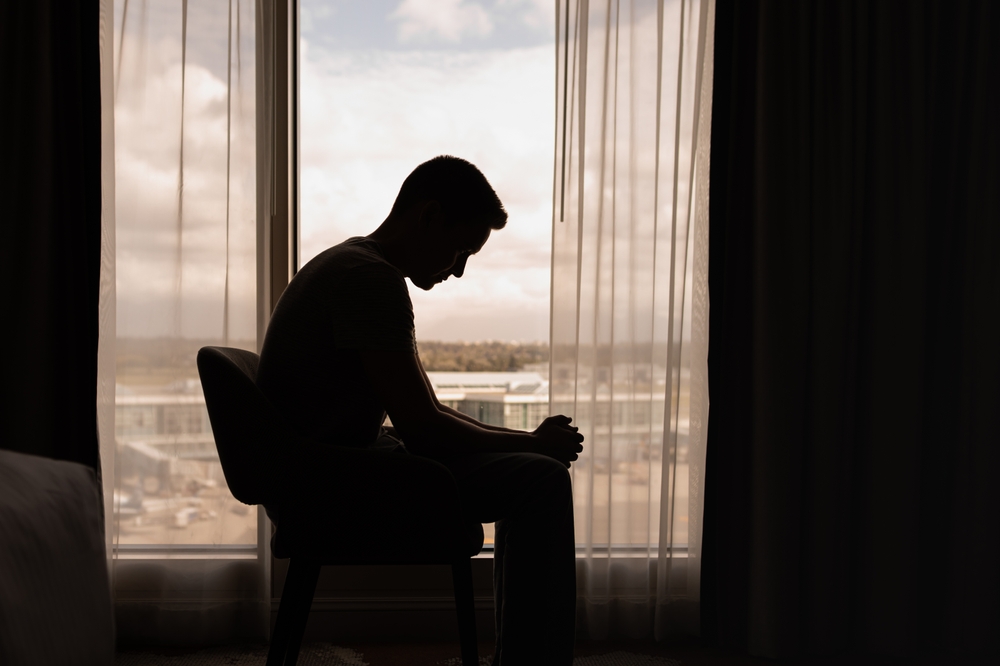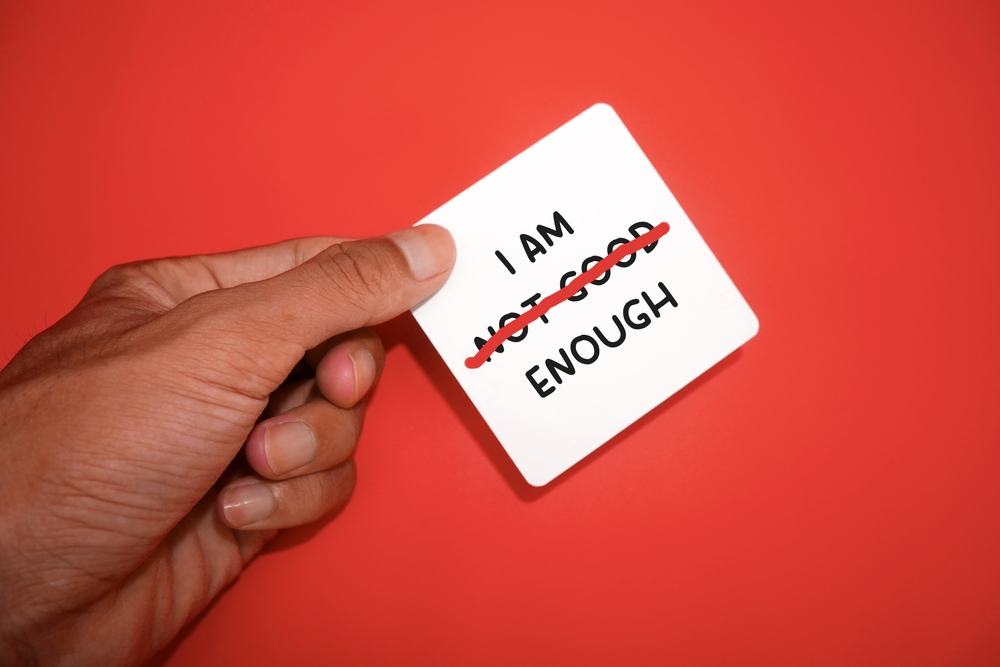Human beings are social creatures. Even if you are a self-proclaimed “introvert,” spending too much time alone can leave you feeling lonely and socially isolated. This problem only increases as you age and your physical health and life status limit your ability to get out and stay connected with those around you. If you are feeling lonely, here are seven techniques for combating isolation.
Is Social Isolation a Mental Health Issue?
Social isolation is the state of being physically separated from others around you. By contrast, loneliness is the feeling of being alone or separated from others. You can be isolated but not feel lonely, and you can be lonely even when you are in a healthy relationship or surrounded by others. Being socially isolated, or even experiencing chronic loneliness, aren’t mental illnesses on their own. They may simply be facts that are true during a specific phase of life. For example, during Covid, many people were socially isolated because they were quarantining to protect their physical health.
Get help combating isolation.
Talk to a psychotherapist about social isolation and loneliness today.
Physical Health Effects of Loneliness
Isolation may not be a diagnosable condition by itself, but it can still be harmful. Prolonged social isolation can negatively affect your physical and mental health, including diagnoses related to:
- Anxiety
- Depression
- Cognitive decline
- Dementia (including Alzheimer’s disease)
- Heart and cardiovascular disease
- High blood pressure
- Obesity
- Weakened immune system (causing other, unrelated illnesses)
In addition, social isolation can make it easier to live a sedentary lifestyle, become dependent on alcohol or other substances, or maintain poor sleeping habits. All of these behavioral patterns can further increase the risk of physical and mental health challenges. That is why it is important to combat isolation before it negatively affects your ability to get out and live your life.
Risk Factors for Isolation
Anyone can feel lonely, but there are a variety of risk factors that increase your changes of social isolation or chronic loneliness:
- Physical disabilities
- Loss of mobility
- Vision or hearing problems
- Cognitive or psychological challenges
- Social phobias and certain anxiety disorders
- Living alone
- Lack of transportation
- Lack of social support
- Separation from family or friends
- Major life changes such as retirement or the death of a companion
- Acting as a caregiver
- Living in rural, unsafe, or inaccessible areas
- Language barriers
- Experiencing discrimination
Anything that creates a barrier to getting together with others, or making meaningful connections when you do, can increase the chances you’ll experience social isolation.
Techniques for Combating Isolation
If you are currently feeling lonely, there are several steps you can take to break out of your routines and combat isolation:
1. Improve Your Relationship with Yourself
Some people aren’t very good at being alone. You may find yourself experiencing negative self-talk, or making excuses not to take care of yourself. If you are feeling isolated, you may need to start by improving the way you care for your own needs, wants, and desires. That could mean treating yourself to a home-cooked meal, taking a bubble bath, going for a walk, or even taking a vacation. This can improve the way you feel about time spent by yourself, making you feel less lonely even when you are alone.
2. Strengthen Your Household Bonds
Loneliness and isolation can strike even if you live with a spouse, partner, or other family members. Take advantage of these live-in contacts by finding ways to strengthen the bonds in your household. Planning activities together, practicing active listening, and creating things together are great ways to develop deeper, more meaningful connections with the people closest to you.
3. Put Your Focus on Others
Look for ways you can serve or help other people. This might be as simple as wishing a friend a happy birthday, or as significant as volunteering for a cause that is important to you. Turning your attention to others’ needs can help you find a sense of purpose, giving you a reason to continue reaching out.
4. Reach Out to Connections
One reason people often feel isolated is that they wait for others to contact them. You may be worried about being a burden or inconveniencing your loved ones, but the truth is that you can do a lot to combat isolation and loneliness just by being the one to take the first step. There’s a good chance your friends will be glad you did.
5. Close Gaps in Your Web of Relationships
Are there areas of your life where you don’t have many friends, or where your connections are shallow? Many people experience isolation when they retire, relocate, go away to school, or otherwise change where they spend their days. This can result in gaps in your web of relationships. Gaps can also occur after a divorce or death in the family. If you are experiencing this, it is time to branch out socially and find new people who can fill those gaps and enrich your life.
6. Develop New Skills and Hobbies (Ideally Outside the House)
One of the best techniques for combating isolation is trying something new. Take a class to learn a new skill or try out a new hobby. Classes or meet-ups based around a hobby or activity are a great way to get yourself out of the house and in a place where you can connect with others with whom you share something in common.
7. Talk to a Psychotherapist About Isolation and Loneliness
If social isolation or loneliness is starting to impact your physical and mental health, it may be time to get help. A skilled psychotherapist can provide support, encouragement, and strategies to help you combat isolation and break out of your shell. Through short or long-term therapy, a psychotherapist can help you work through your loneliness and find a path to the healthy social connections you need to live a full life.
David Stanislaw is a psychotherapist with over 30 years of experience who helps individuals learn strategies for addressing loneliness and social isolation. Contact David Stanislaw to get help today.


 Are Self-Destructive Behaviors Hurting You at Work?
Are Self-Destructive Behaviors Hurting You at Work? How Psychotherapy Helps PTSD
How Psychotherapy Helps PTSD Facing Holiday Grief Together as a Couple
Facing Holiday Grief Together as a Couple